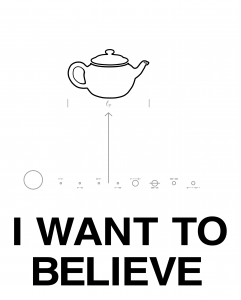My mother complained at this hearing that my father was leaving his land to be ploughed, in order to plough that of others. These words were heard by the audience and ridiculed. They were heard in two ways, and my father was thus the public laughting stock’s toy.
Ma mère se plaignit à cette audience que mon père laissait sa terre à labourer, pour labourer celle des autres. Ces paroles entendues par les auditeurs furent tournées en ridicule. On les entendait de deux manières, et mon père était ainsi le jouet de la risée publique.
Pierre Rivière, présenté par Michel Foucault, “Le Mémoire” in Moi, Pierre Rivière, ayant égorgé ma mère, ma sœur et mon frère… – un cas de parricide au XIXème siècle, Folio Histoire, Paris, 2019, p. 124
